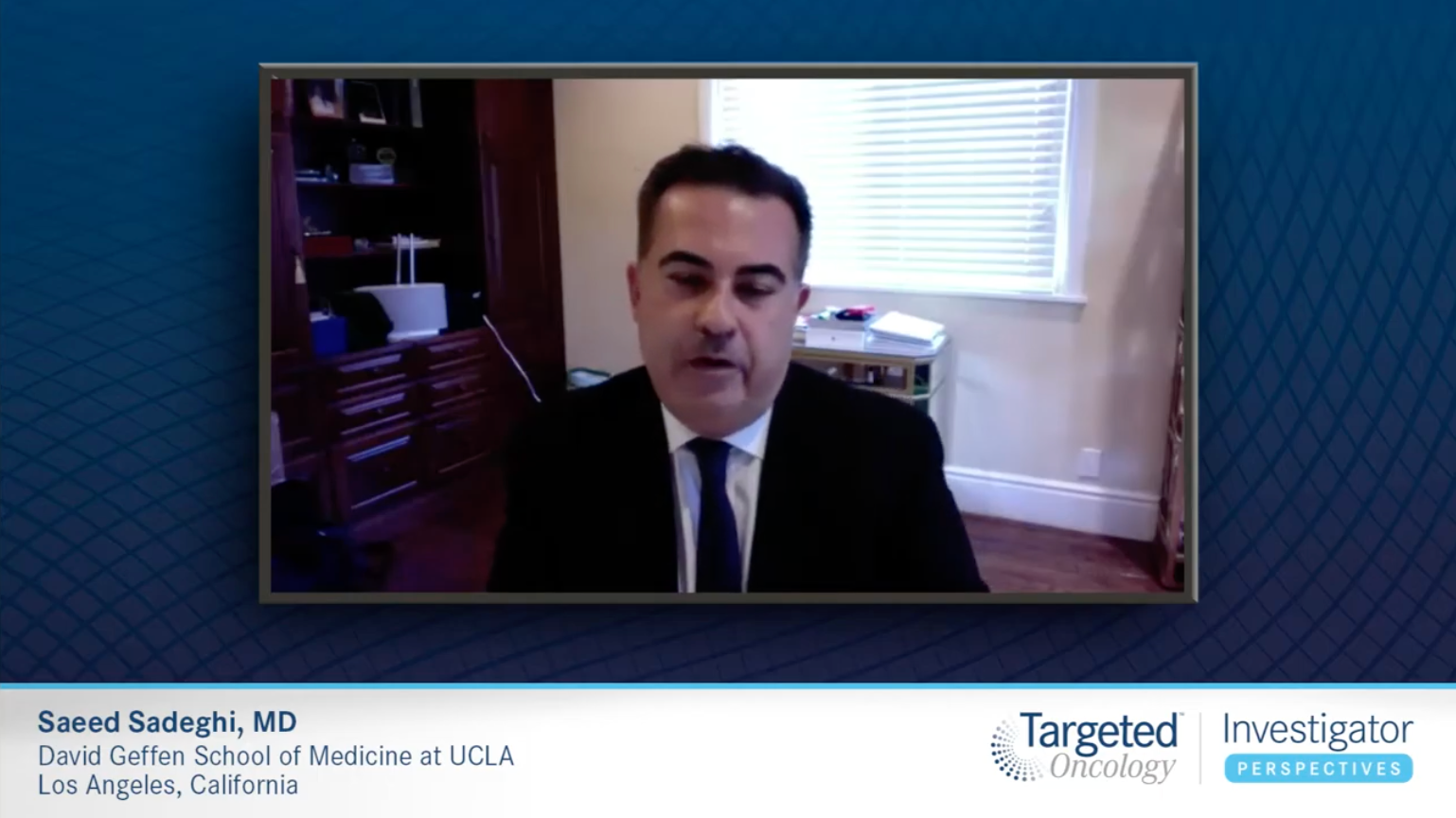Trending News on Targeted Oncology, Week of July 10, 2020
Targeted Oncology reviews trending news online for the week of July 10, 2020, including recent news from the FDA, updates in oncology, and new information regarding COVID-19.

In oncology news this week, the FDA approved the combination of decitabine and cedazuridine (Inqovi) as treatment of adult patients with myelodysplastic syndromes under multiple indications. Another major headline from the FDA this week included the denied approval of pembrolizumab (Keytruda) in the frontline treatment setting for unresectable hepatocellular carcinoma, which made it in our top 5 news stories of the week, below.
The FDA granted priority review to pembrolizumab as treatment of patients with relapsed or refractory classical Hodgkin lymphoma. They also placed a clinical hold on the MELANI-01 clinical trial for a chimeric antigen receptor (CAR) T-cell therapy, but earlier in the week, the FDA removed a partial clinical hold from a phase 2 study of camidanlumab tesirine in patients with relapsed or refractory Hodgkin lymphoma.
These updates and others were trending this week
Improvements were observed in the 1-year overall survival of elderly patients with intermediate- or high-risk myelofibrosis who had never received ruxolitinib (Jakafi) following the agent’s FDA approval, according to a real-world analysis presented during the 25th European Hematology Association Virtual Annual Congress.
Phase 3 Study Confirms Benefit of Venetoclax/LDAC in Chemotherapy-Ineligible AML
A new study bolsters the clinical case for using venetoclax (Venclexta) along with low-dose cytarabine in patients with acute myeloid leukemia who are ineligible for intensive chemotherapy.
FDA Denies Approval of Pembrolizumab/Lenvatinib for Frontline Unresectable HCC
The FDA has issued a complete response letter in regard to the applications for potential accelerated approval of pembrolizumab (Keytruda) in combination with lenvatinib (Lenvima) as treatment of patients with previously untreated, unresectable hepatocellular carcinoma.
Synergy Shown With Navitoclax/Ruxolitinib in JAK2-Resistant Myelofibrosis
In an interview with Targeted Oncology, Claire Harrison, MD, FRCP, FRCPath, discussed results from the combination of navitoclax and ruxolitinib (Jakafi), as explored in a phase 2 study.
Ripretinib (Qinlock) in the fourth-line setting or further induced clinically meaningful benefit in terms of progression-free survival and overall survival among patients with gastrointestinal stromal tumors who had progressed previously on placebo in the pivotal phase 3 INVICTUS trial.
VISION Trial Produces Positive Data in NSCLC With MET Exon 14 Mutations
Xiuning Le, MD, PhD, discusses the results of tepotinib in patients with advanced non-small cell lung cancer and a MET exon 14 skipping mutation.
Investigator Perspectives: Role of Targeted Therapies in Advanced Cholangiocarcinoma
Saeed Sadeghi, MD, comments on the utilization of FGFR2 inhibitors as treatment for advanced cholangiocarcinoma.
Special Feature: COVID-19 Update

COVID-19 Death Toll in NYC Calls Attention to Racial Disparities
In a presentation during the American Association for Cancer Research (AACR) Virtual Annual Meeting II, Lisa A. Newman, MD, MPH, FACS, FASCO, reported on public health disparities in New York City (NYC), the known United States epicenter of the COVID-19 pandemic.
COVID-19 Pandemic Underscores Health Disparities in Hispanic Communities in the US
The COVID-19 pandemic has impacted the Hispanic population in the United States heavily due to the many health inequities that this community faces. In order to provide greater support to minorities, these disparities in the healthcare system must be addressed.

